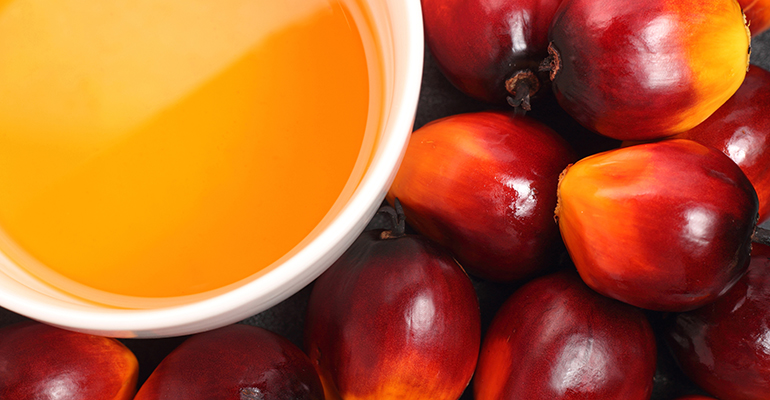News
Indonesia bans palm oil exports, prices surge
4 May 2022Just over a week ago, Indonesia, the world’s top palm oil exporter enacted an export ban on raw materials for cooking oil, including crude and refined palm oil, causing major supply chain disruptions.
The ban went into effect on April 28, but the country will still honour contracts for exporters who secured customs declarations by April 27.

Residents of Indonesia were facing a domestic shortage of the country’s cooking oil, which caused a surge in prices within the country. This prompted the government to first distribute cash assistance followed by an export ban in order to moderate the domestic market.
“I will continue to monitor and evaluate the implementation of this policy so that there is an abundant supply of cooking oil at an affordable price,” President Joko Widodo said in a statement.
The Indonesian regulatory bodies will continue to review the ban, but the government offered no timeline for when this ban might be lifted.
Local ban affect global prices
Reducing supplies of this commodity from the international market will have dramatic effects on a large variety of product prices globally. This vegetable oil is widely used in products as varied as dough, cookies, bread, chocolate spreads, margarine, soups and condiments. It also used to produce additives such as emulsifiers.
While this move will exacerbate the inflationary pressures that many countries are experiencing, not all countries will be affected equally. India imports 45% of its palm oil from Indonesia, Bloomberg reported, and alternatives to palm oil are not always accessible or viable solutions.
Following Indonesia’s announcement, experts told The Guardian they anticipated prices of other vegetable oils such as soybean, sunflower and rapeseed oil to rise further than they already have in recent months. Due to labour shortages in Malaysia and droughts in Argentina and Canada, the past six months have seen the price of vegetable oils rise over 50%.
This trend was only compounded by the war in Ukraine, a country that is responsible for 23% of the European Union’s vegetable oils, EU agriculture commissioner Janusz Wojciechowski said in a tweet. Globally, the Black Sea region accounts for almost 80% of global sunflower oil exports, according to S&P Global Commodity Insights.
Reformulation or Resourcing?
Many manufacturers are now faced with a decision between reformulating products or locating a new palm oil supplier to continue producing.
However, reformulation can be costly as it requires bands to find a functional substitute as well as change the information on their packaging, as Fi Global Insights reported. As a result, some companies are looking elsewhere to supplement their supplies.
On top of all these price pressures, many countries are beginning to look inward to protect the commodity supply that they do have access to. However, the United Nations has warned against protectionism, noting that this tendency has the ability to drive prices up further and lead to shortages in countries that are dependent on exports.
